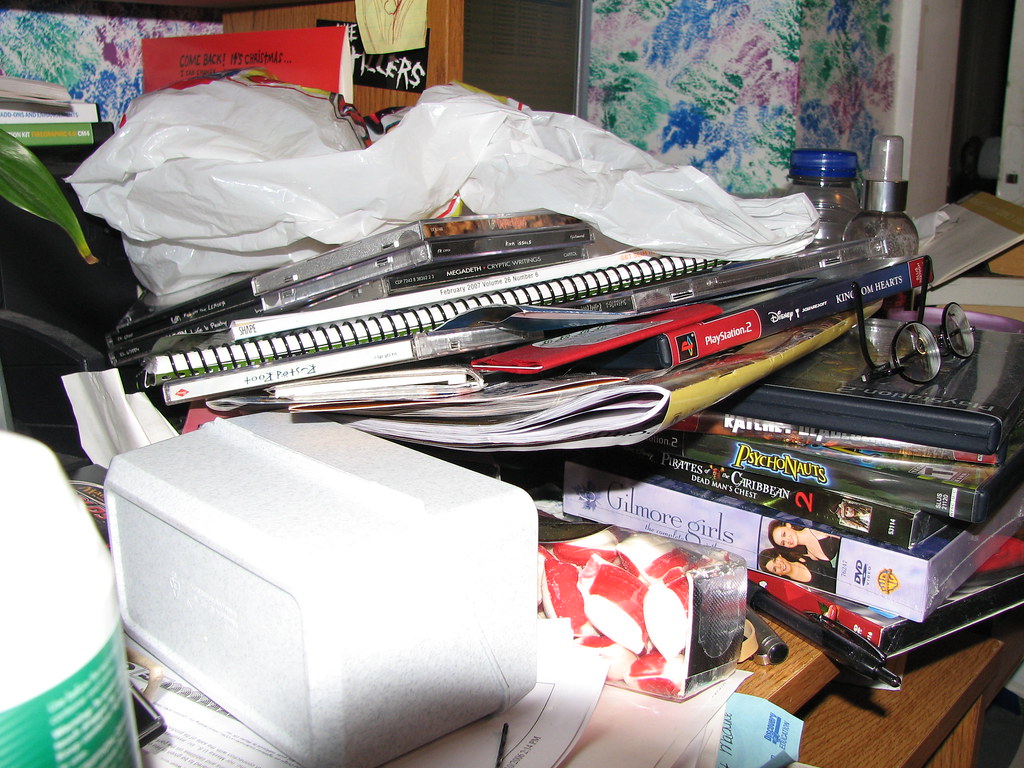- 3-minute read
- 22nd August 2016
6 Ways to Create a Productive Study Environment
Whether you’re studying for a test or writing an assignment, working effectively depends on your surroundings. As such, it’s critical that you have a good study environment. Luckily, we have six top tips for what makes the perfect place to study. All you need to do is keep the following in mind…
1. Location, Location, Location!
Where you go to work makes a big difference to your productivity. If you’re studying at home, the key will be finding somewhere away from distractions.
If you don’t want to study at home, however, or if your party-hard housemates make working from home a little challenging, you have plenty of alternative options, including libraries and coffee shops.
2. Tidy Desk, Tidy Mind
This doesn’t work for everyone (some people thrive on chaos), but generally you’ll be more productive if your study environment is tidy and organized.
This is partly because keeping your workspace tidy makes it easier to find books, notes or anything else you need when you need it. But it’s also because not being surrounded by piles of clutter and discarded coffee cups can make it easier to focus on the task at hand!

3. Eliminate Distractions
You’re unlikely to get much done if you’re checking Twitter every thirty seconds. If this sounds familiar, you might want to install software to temporarily block any websites or apps you find distracting.
The same applies to TV, friends, partners, and anything else that stops you paying attention to your work: If it’s distracting, make sure it isn’t part of your study environment! And if you can’t remove it, find somewhere else to work.
Find this useful?
Subscribe to our newsletter and get writing tips from our editors straight to your inbox.
4. Background Music
Many people find background music good for concentration. Instrumental music is the best option here, as songs with lyrics can be distracting.
Note, however, that wearing headphones while revising has been found to make it harder to recall what you’ve read. So although you might think that wearing headphones is a good way to block out noise when studying at a coffee shop, it might also interfere with your learning!

5. Comfort Is Key!
Temperature, lighting and comfort all make a big difference if you’re settling in for a prolonged study session. Make sure your environment is cool, well-lit and comfortable enough that you won’t become restless after a few minutes working. Taking regular breaks is also helpful.
You can also be too comfortable, though, so studying in bed is probably not a great idea. If nothing else, you may succumb to the temptation of sleep!
6. Be Prepared…
Ultimately, the most important thing when creating a study environment is to be prepared! This means having everything you need to hand when you start, including books, notes, pens and pencils, a drink, snacks and any other study resources you find helpful to have around.




